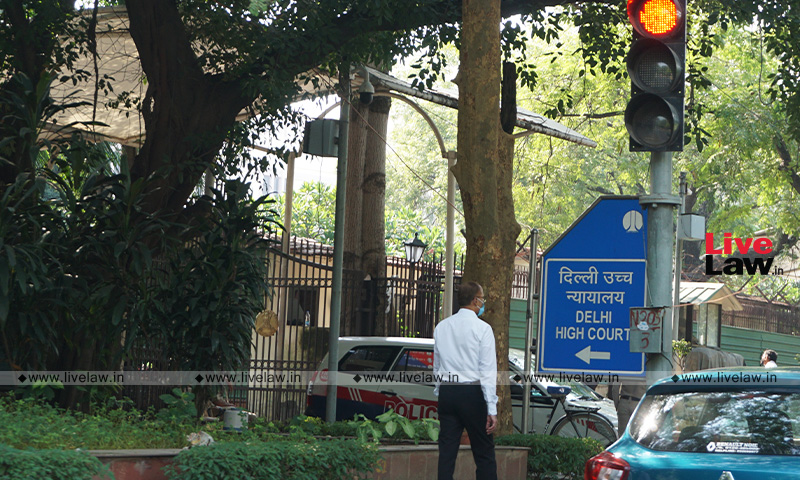The Delhi High Court on Monday continued the hearing of petitions challenging the exception to Section 375 of the Indian Penal Code, which exempts marital rape from the offence of rape.A bench comprising Justice Rajiv Shakdher and Justice C Hari Shankar heard Advocate Karuna Nundy on Monday. During the hearing, the bench discussed the possible legislative reasons for the exception to Section...

